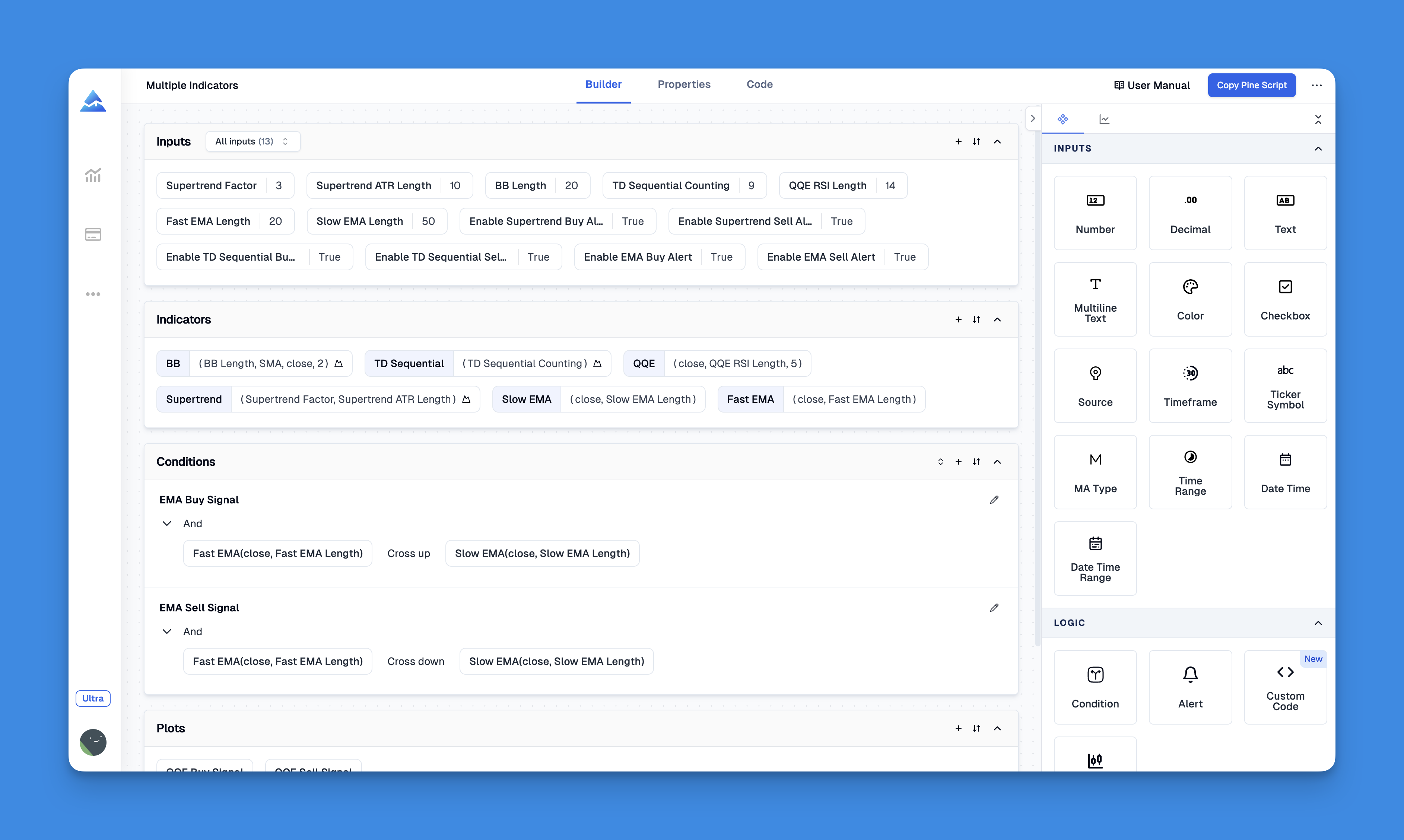Mastering Pine Script Timestamps: A Guide for Traders
In the world of trading, precision is everything. When working with Pine Script, understanding timestamps is crucial for creating effective trading strategies and indicators. This article delves into the world of Pine Script timestamps, providing insights on how to work with them effectively and optimize your trading experience.
What Are Pine Script Timestamps?
Pine Script uses UNIX timestamps, which represent the number of milliseconds elapsed since January 1, 1970, at 00:00:00 UTC. These timestamps are time zone-agnostic, making them consistent across different locations1. The time() function in Pine Script returns the timestamp of the current bar in this format2.
Working with Timestamps in Pine Script
Retrieving Timestamps
- Time Functions: Use functions like
time(),time_close(), andtimenow()to retrieve timestamps for the opening and closing times of bars, as well as the current time when the script executes3. - Calendar-Based Variables: Extract specific date components (year, month, day, hour, minute, second) from timestamps using built-in variables like
year(),month(), anddayofmonth()4.
Formatting Timestamps

- str.format_time(): Convert UNIX timestamps into readable date-time strings using this function. It allows you to specify the format and time zone for the output5.
Creating Time-Based Indicators Without Coding: The Pineify Advantage
When working with timestamps in Pine Script, traders often encounter complex coding challenges that can be daunting without programming experience.

Pineify offers a revolutionary solution that transforms this process into an intuitive visual experience. Using Pineify's powerful condition editor, traders can construct precise time-based trading rules by combining multiple technical indicators across different timeframes without writing a single line of code.

Website: Pineify
Click here to view all the features of Pineify.Practical Applications of Timestamps
Time-Based Conditions
- New Month Detection: Use the
month()function to identify the first trading day of a new month and label it on your chart6. - Time Input: Utilize the
input.time()function to set specific times interactively from the chart, enhancing your strategy’s flexibility7.
Timeframe and Resolution
- Security Function: Employ the
security()function to retrieve data from different timeframes and resolutions, allowing for more comprehensive analysis8.
Tips for Effective Use
- Understand Time Zones: Be aware of the exchange time zone and how it affects calendar-based functions.
- Interactive Inputs: Use
confirm = truewithinput.time()to select times directly from the chart, streamlining your workflow10.
Conclusion
Mastering Pine Script timestamps is essential for creating sophisticated trading strategies. By understanding how to work with timestamps, you can enhance your trading indicators and automate tasks more efficiently. Whether you’re a seasoned trader or just starting out, leveraging these capabilities can significantly improve your trading experience.
